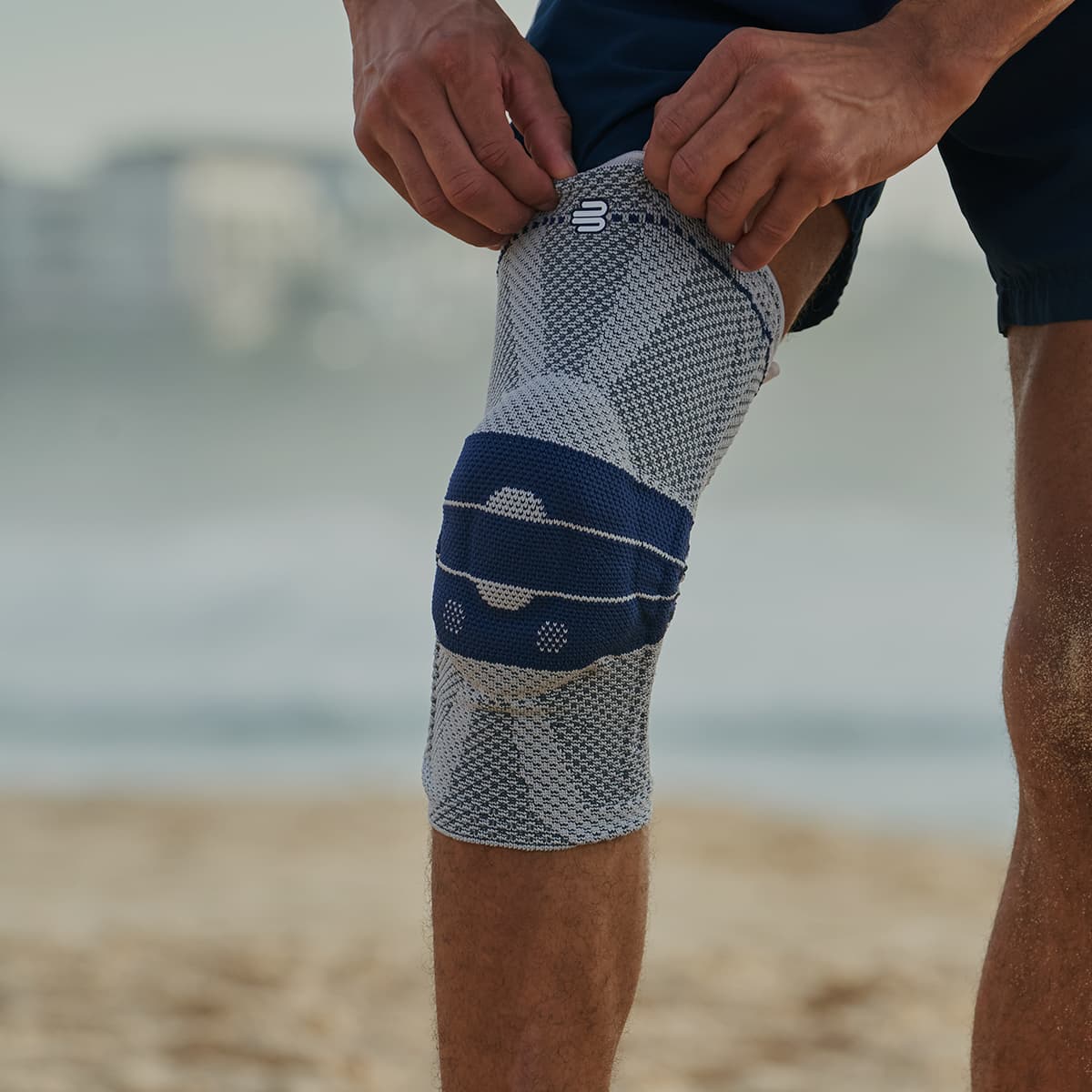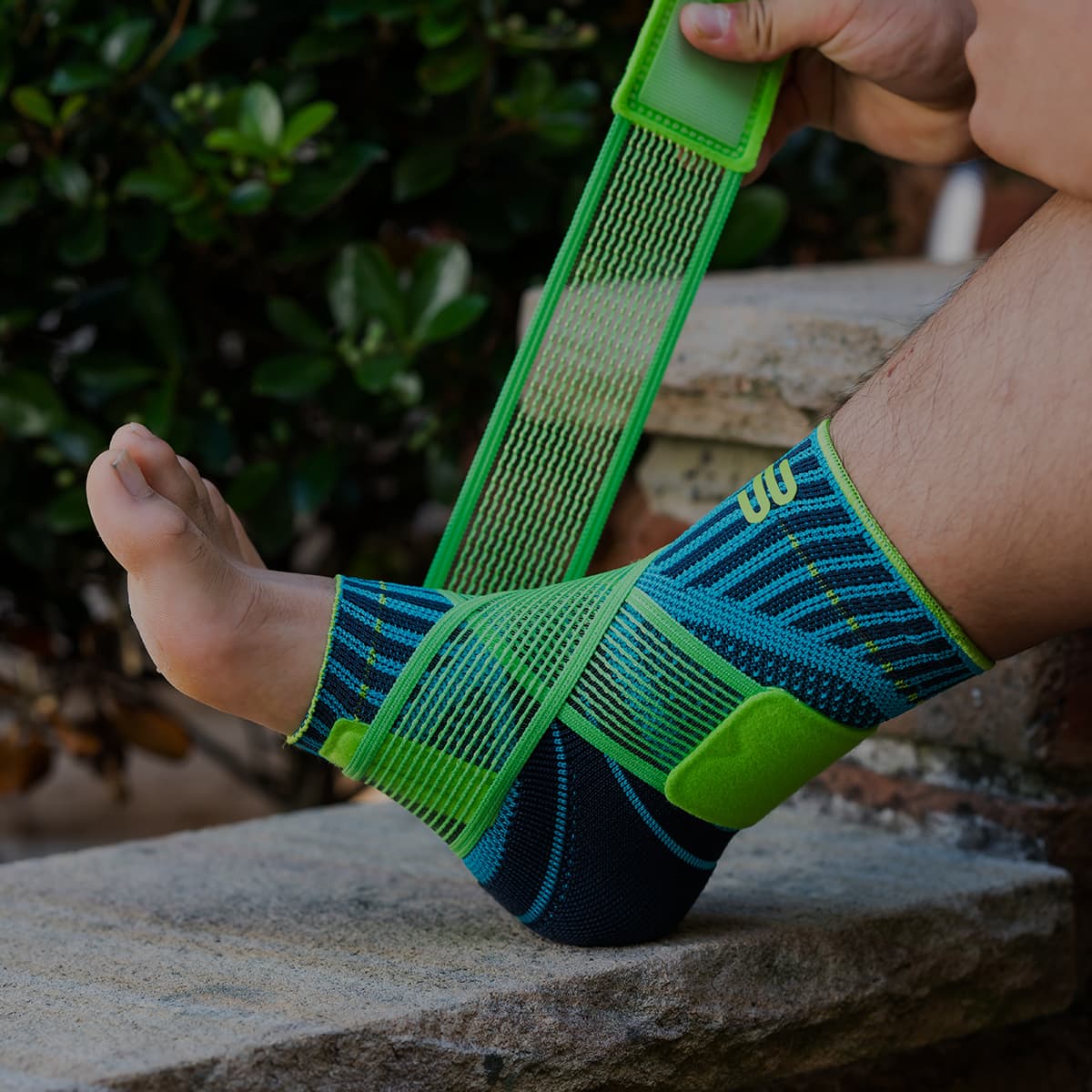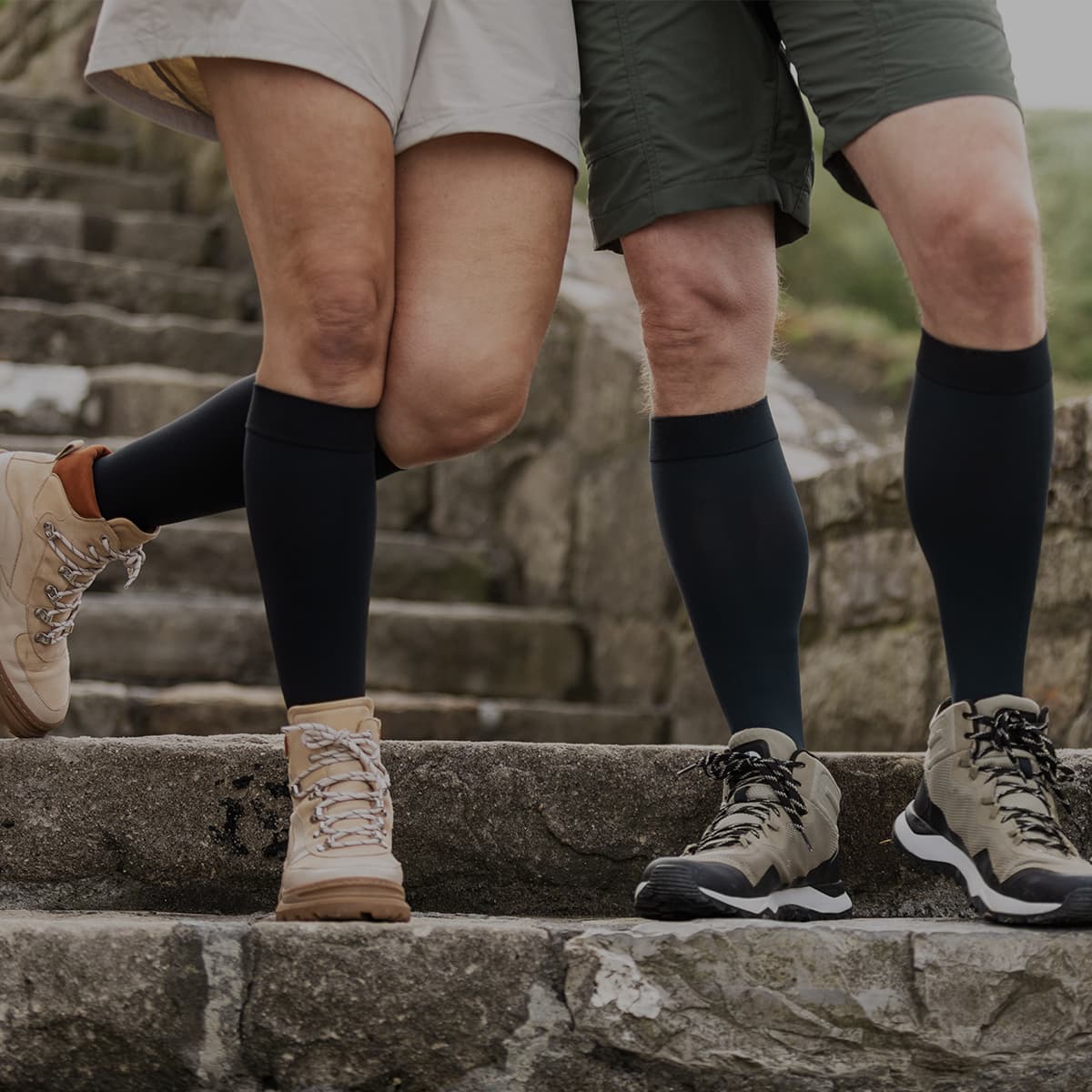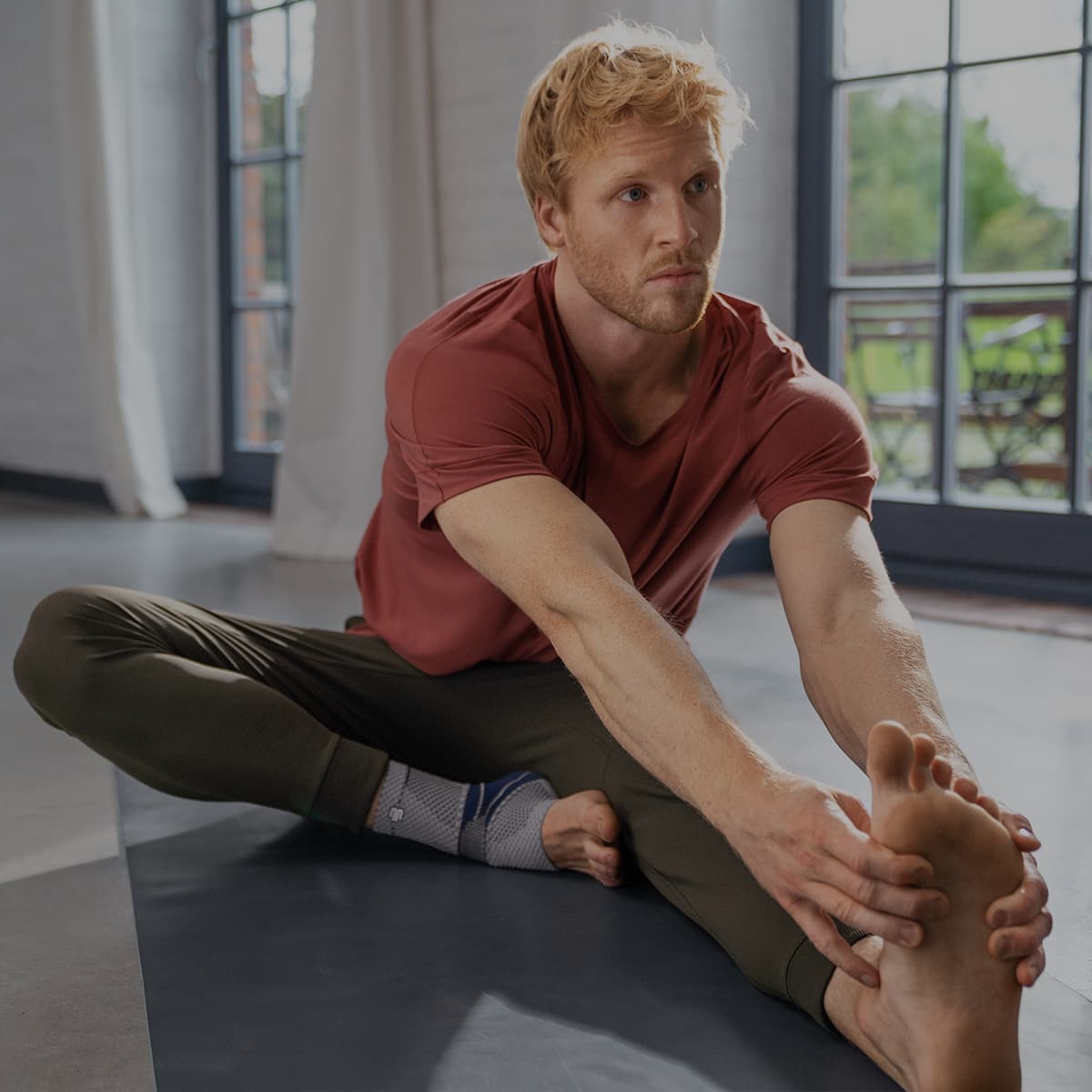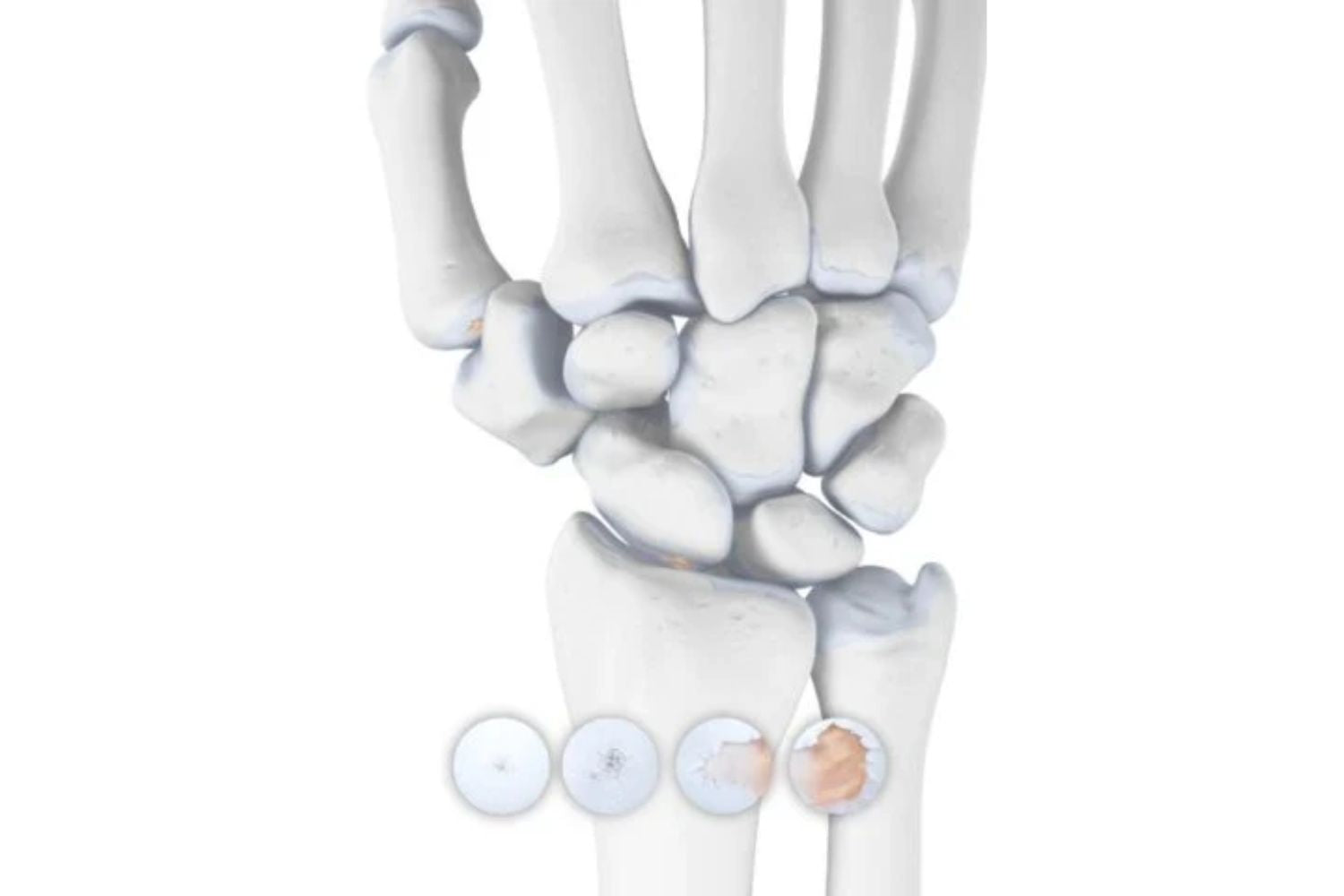
Wrist Osteoarthritis - Arthritis in the Wrist Joint
The wrist joint is a complex structure that connects our hand to the forearm bone. It facilitates the transfer of power from the forearm muscles and allows us to perform complex movements like writ...
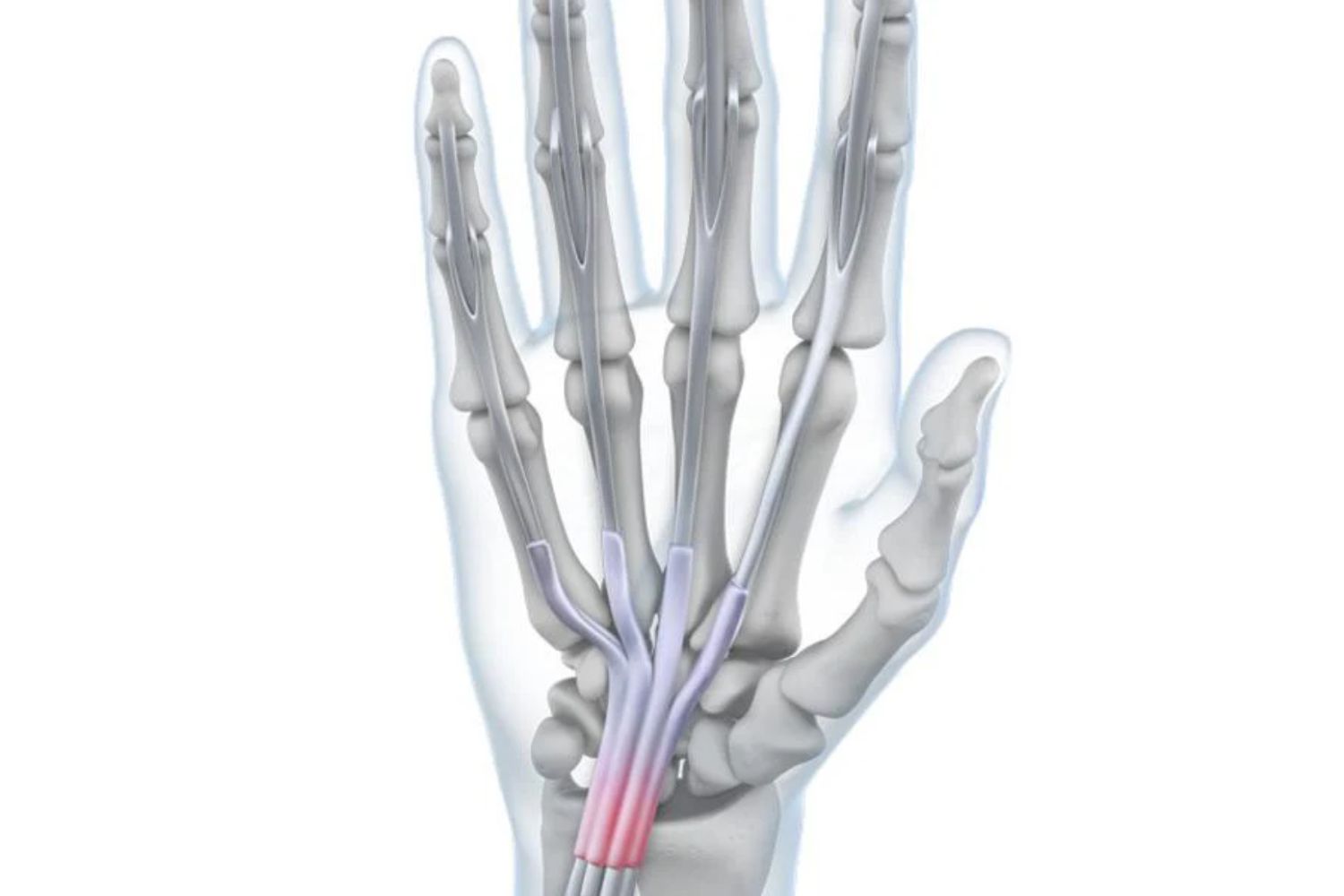
Overloading of the tendons and the tendon sheaths can lead to pain and a burning sensation in the forearm. This condition is referred to as tendonitis. Patients suffering from this condition find i...
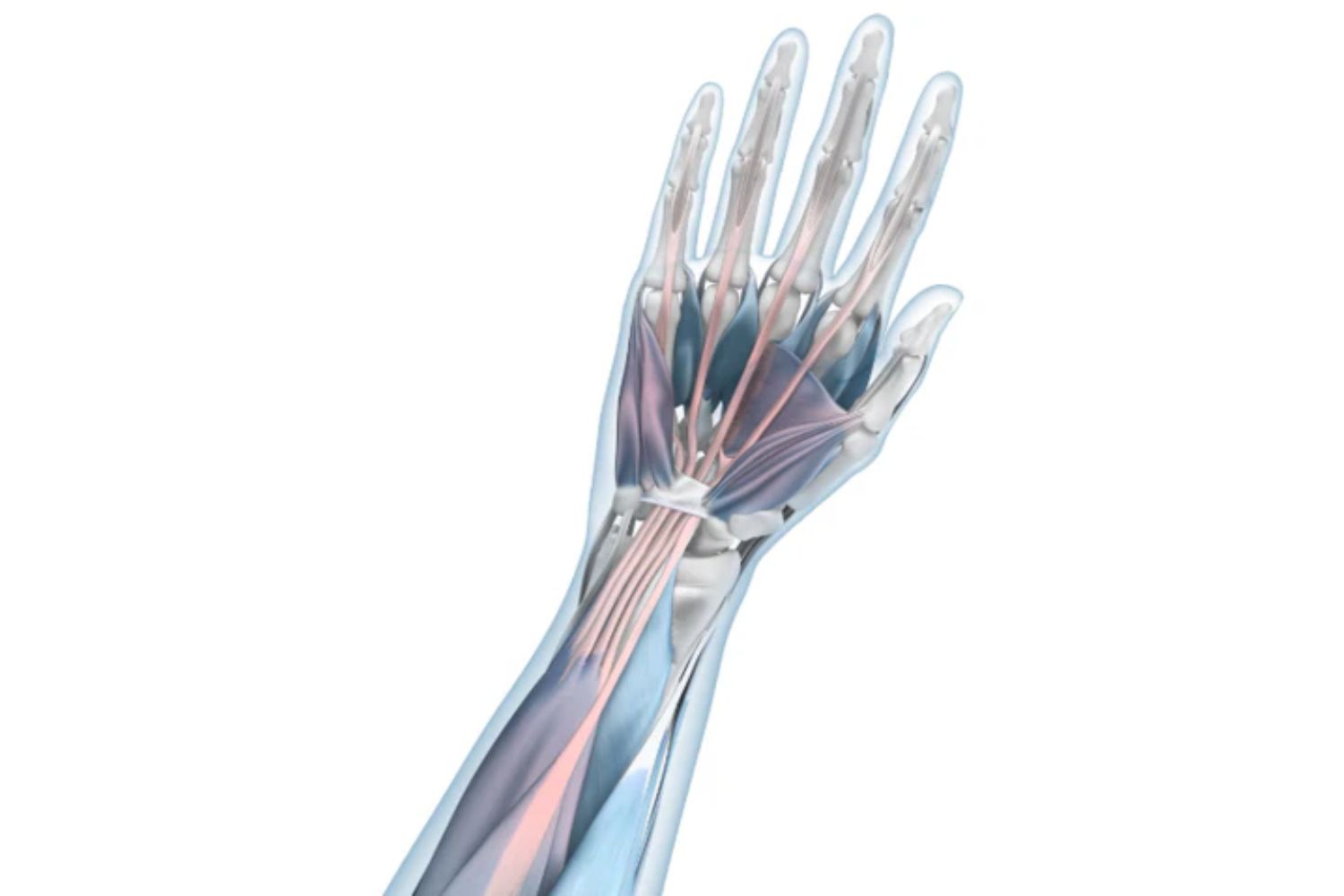
Overloading of the connective tissue and tendons from using a computer or mouse for prolonged periods of time can lead to pain and discomfort. Milder cases often ease over time, but the underlying ...
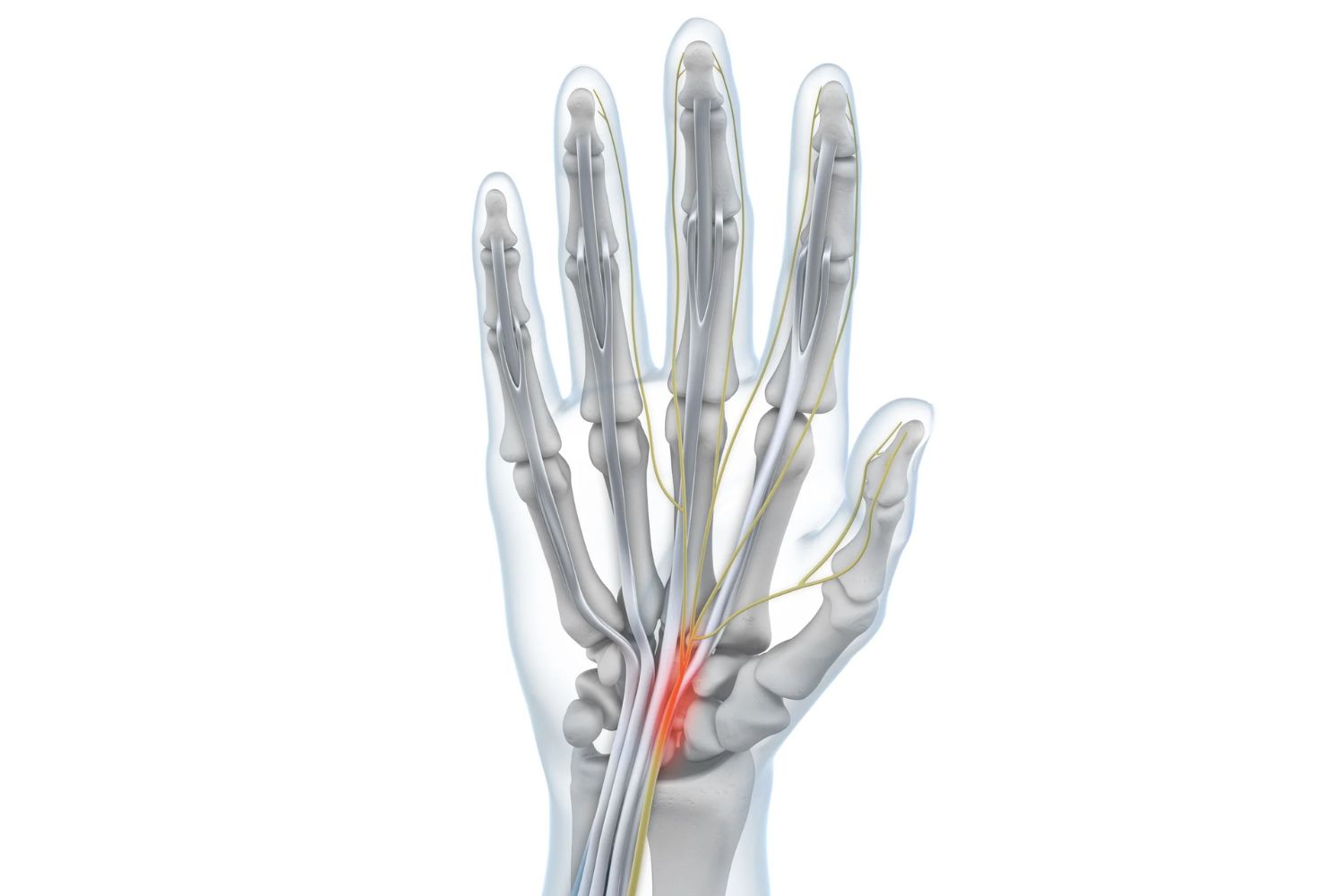
Uneven or excessive pressure exerted by the wrist joint on the nerves in the hand can lead to tingling and a numb sensation in the hand and arms. This condition is called Carpal Tunnel Syndrome.
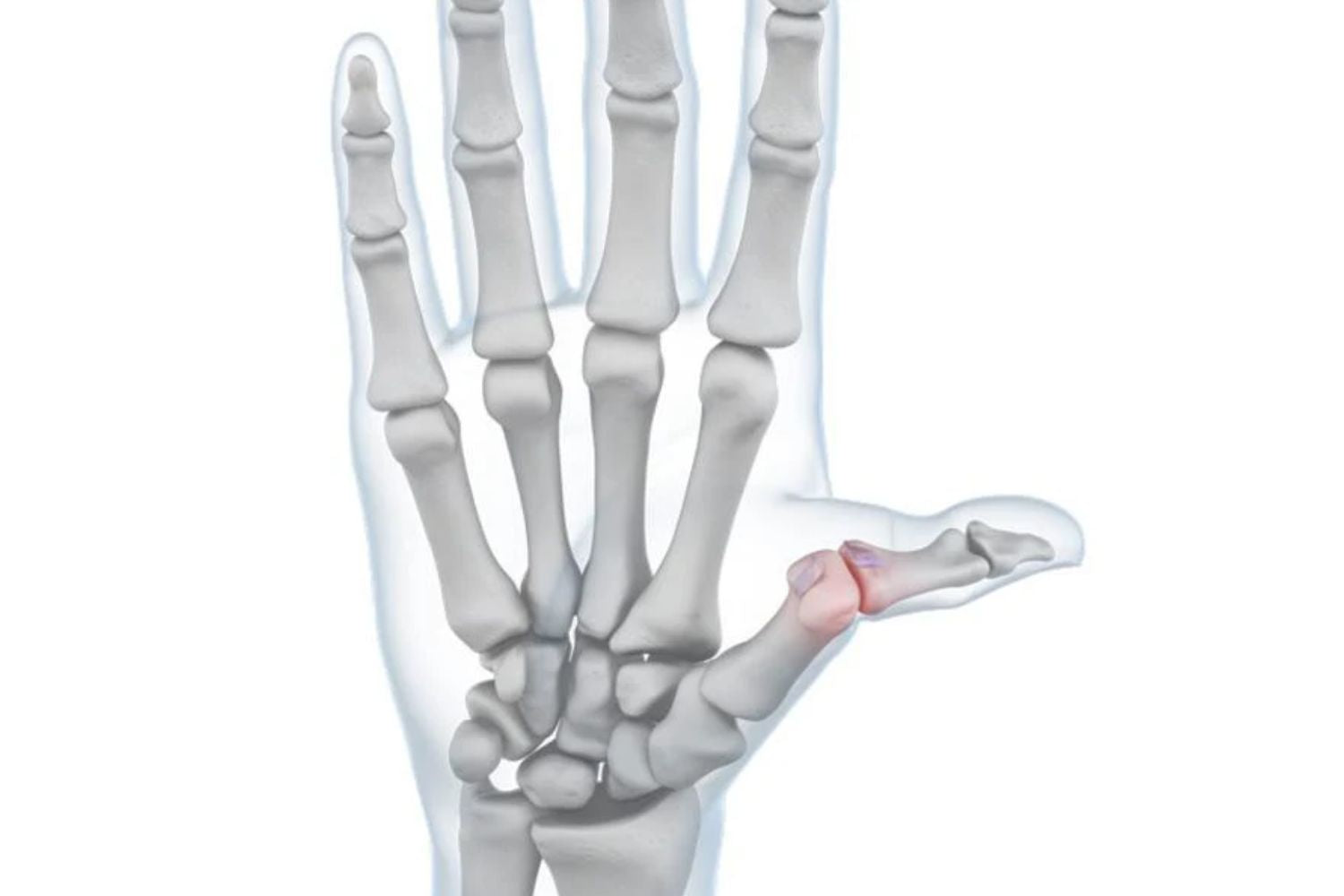
Damage to the ligaments, which hold the thumb in place, can lead to instability and pain in the thumb. Patients suffering from this condition often experience mild to severe pain depending on the p...
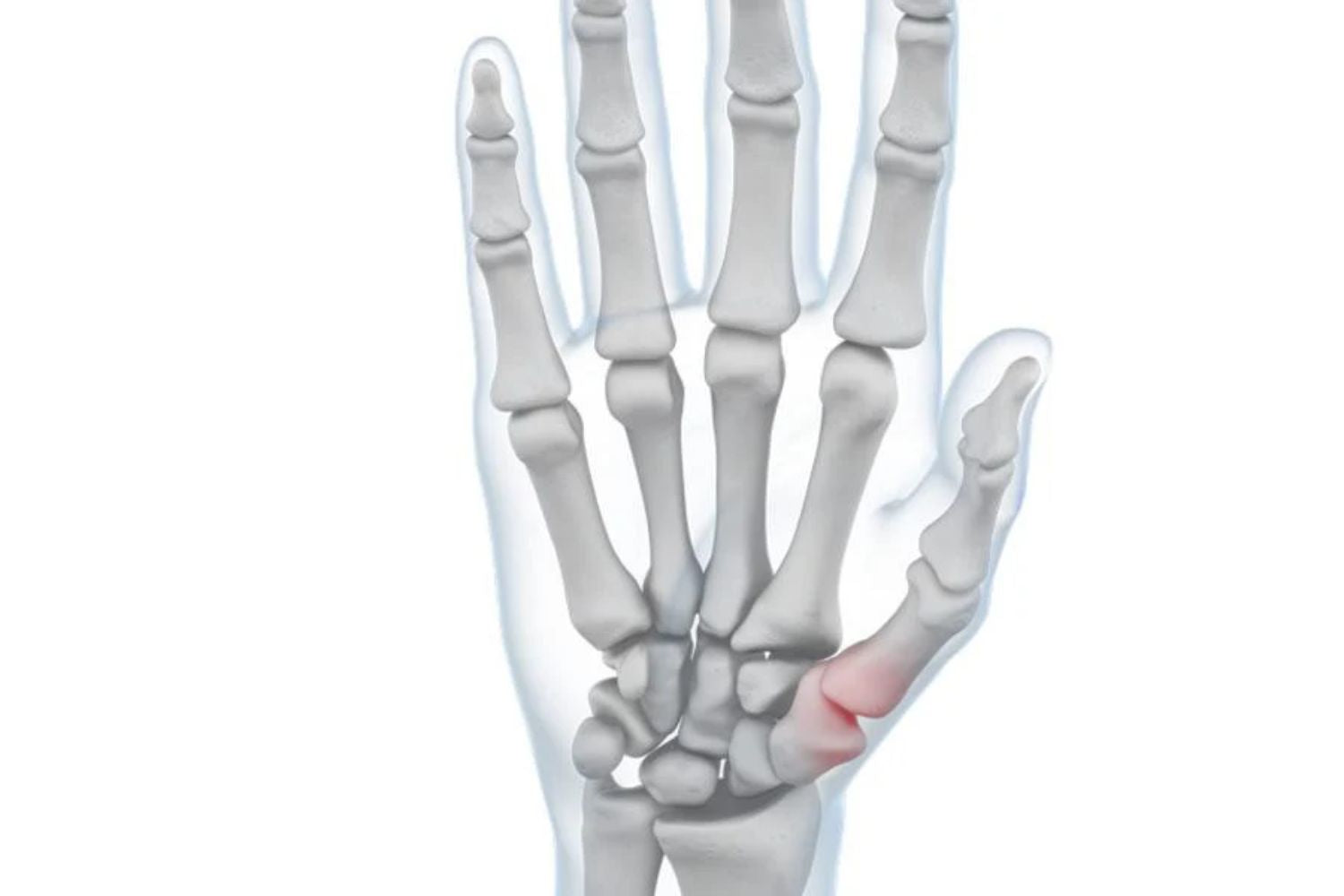
Damage or degeneration of the thumb joint can severely impact a patient’s quality of life, causing pain and discomfort in milder cases. However, as the condition progresses, the symptoms get signif...
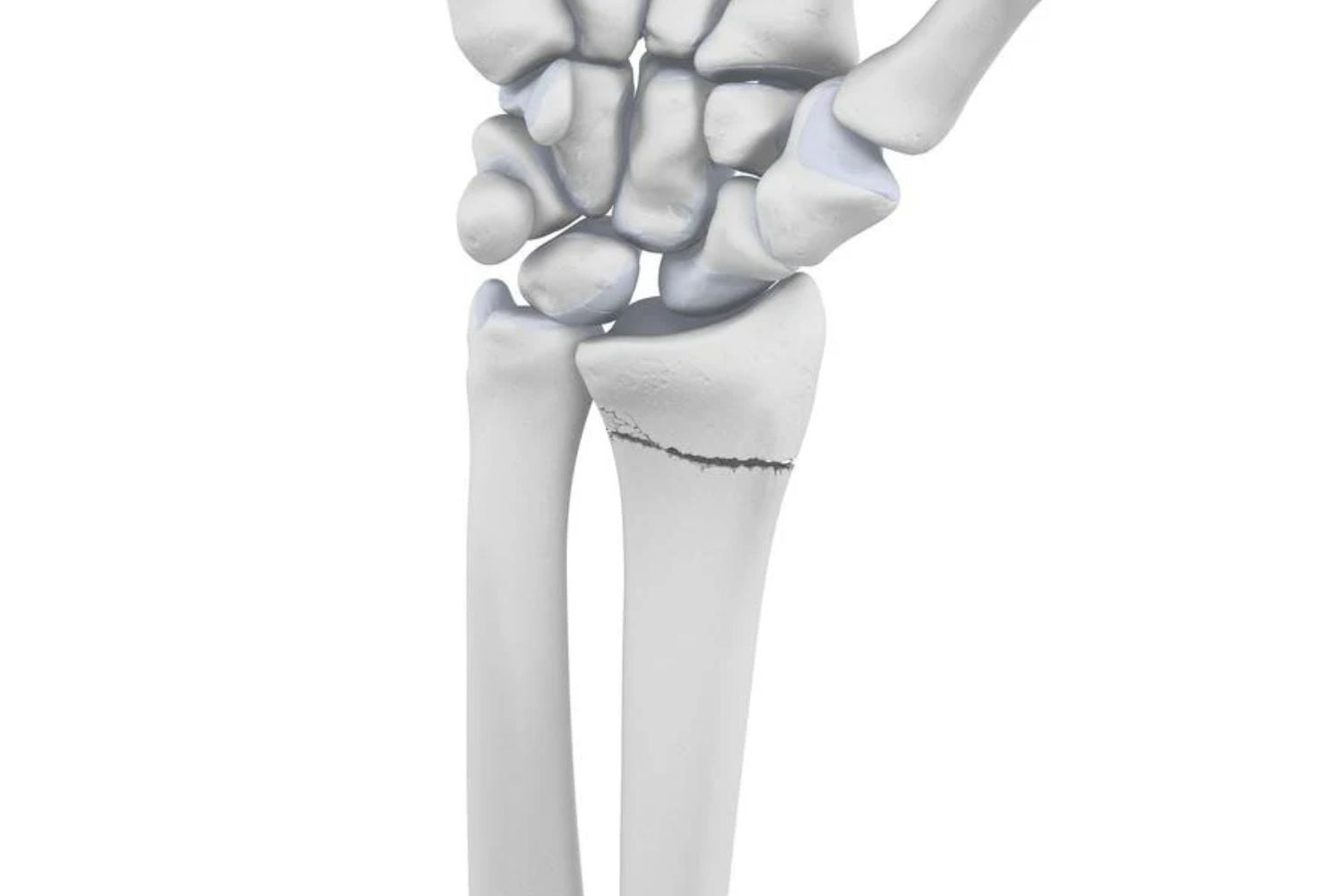
The radial bone extends from the elbow joint to the wrist and is instrumental in stabilising the limb. Injury or accidental trauma can damage the radius and lead to a radius fracture.

